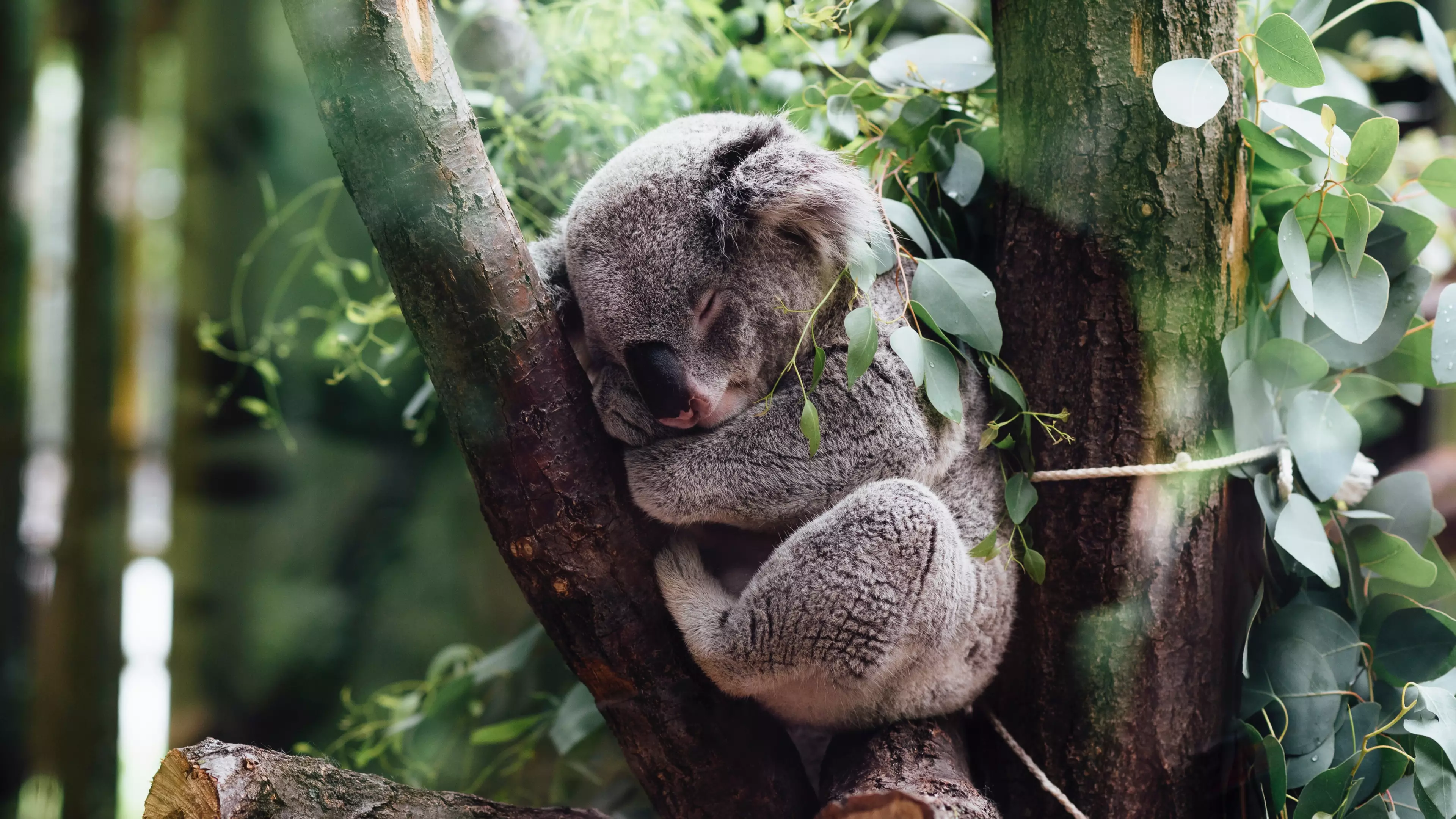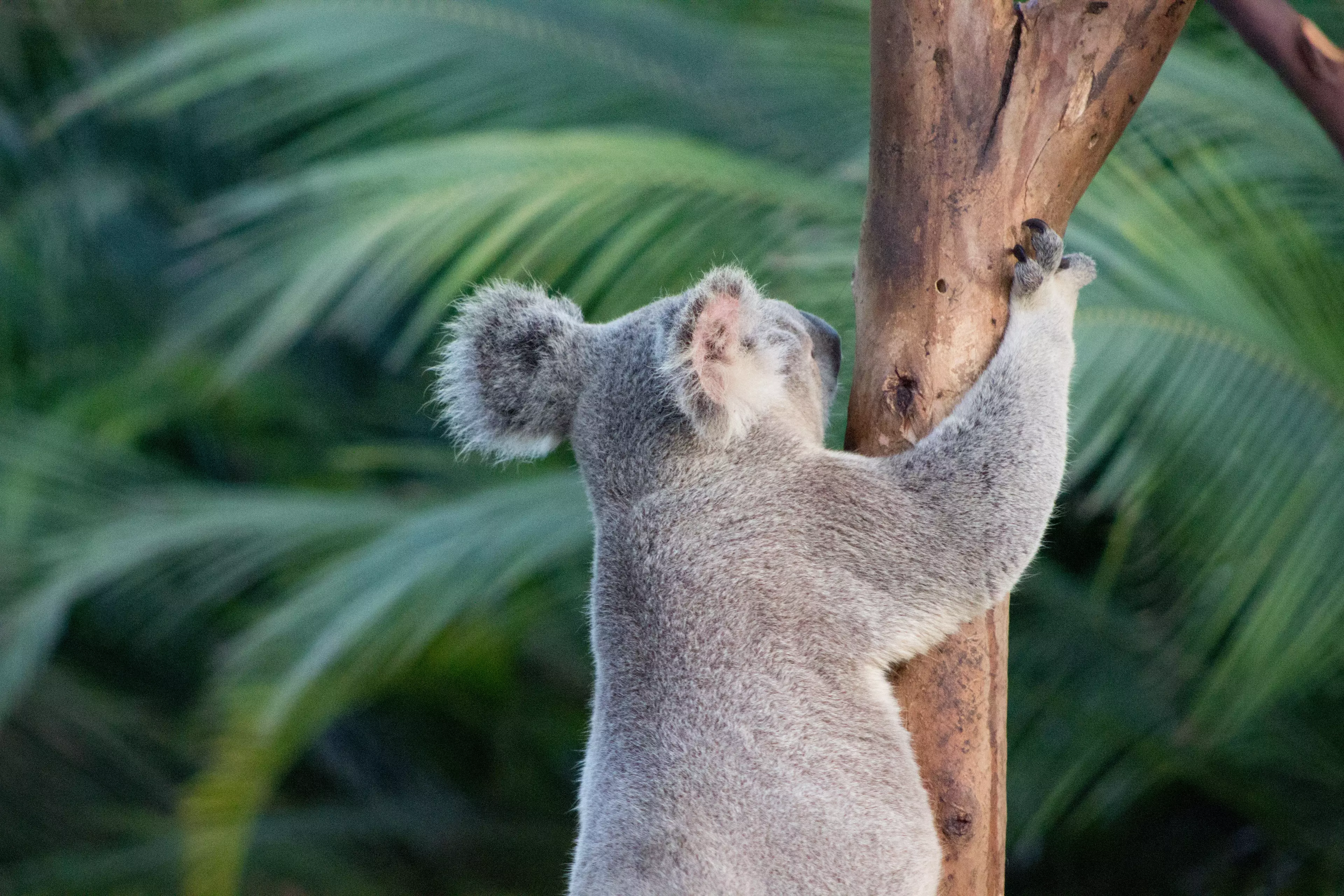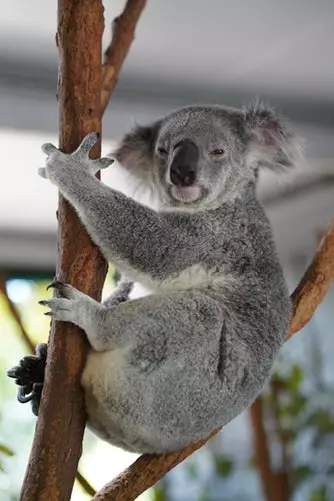
Today, animal campaigners have announced that koala bear numbers have fallen so low the species is now "functionally extinct".
The Australian Koala Foundation believes there is now no more than 80,000 koala bears in the wild, and their numbers are on a steady decline.
A 'functionally extinct' species refers to a species that is in such low numbers it no longer has an effect on its environment, no longer has enough pairs of breeding adults to reproduce, or has a population so small that it eventually succumbs to inbreeding causing genetic mutation down the line.
Advert
For koalas, their low numbers means they are in threat of not being able to reproduce, which will eventually lead to extinction.

To add to this, for millions of years koalas have played a key part in the Australian ecosystem by eating the upper leaves from eucalyptus trees, with their droppings contributing to important nutrient recycling, Science Alert explains.
According to the AFK, koalas are now extinct in 41 of the 128 Federal electorates (that's areas defined as having geographical importance and represented by an elected MP) studied since 2010.
Advert
Reasons for this shocking drop in numbers is thought to be due deforestation, disease and the threat of climate change.
Koalas have been affected by extreme droughts and heatwaves in inland regions such as Queensland and New South Wales, Science Alert report, with numbers declining by as much as 80 per cent in these areas.
It's believed so much as 8 million Koalas were shot for fur and sent to London between 1890 and 1927.

In a press release from Wednesday, the AFK said it had called on Prime Minister of Australia Scott Morrison and Opposition Leader Bill Shorten, speaking directly to whoever is elected in the May general election, saying: "The plight of the Koala now falls on his shoulders."
Advert
Deborah Tabart OAM, Chairman of the AKF, said: "I am calling on the new Prime Minister after the May election to enact the Koala Protection Act (KPA) which has been written and ready to go since 2016."
Tabart goes on to explain how a Senate Inquiry in 2011 that exposed koalas were in trouble lead to no action.
"Unlike some of my younger conservation colleagues, I have seen the Koala betrayed before. I have heard many empty promises from members of Government pretending to protect the Koala. Look where we are now. The Koala Protection Act will work and it is ready to go," she says.
The AFK have been campaigning to pass the Koala Protection Act for years, which will focus on protecting trees, including habitats that are empty.
Tabart finishes by saying: "I know the Australian public are concerned for the safety of Koalas and are tired of seeing dead Koalas on our roads.
Advert
"It is time for the Government to respect the Koala and protect its habitat."
Featured Image Credit: Unsplash/Jordan Whitt